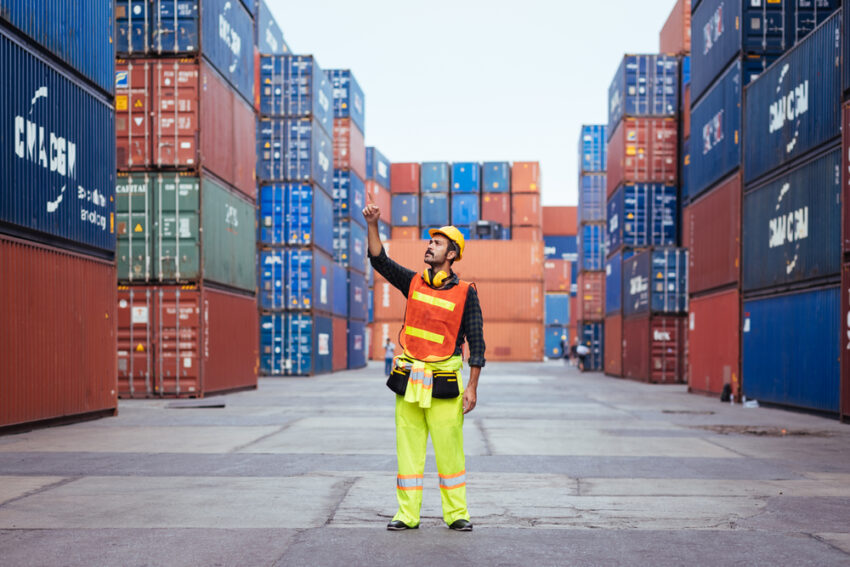Smaller UK exporters have been hit hardest by new post-Brexit barriers, contributing to a £27 billion shortfall in goods sales to the European Union since Britain left the bloc’s single market and customs union.
Research from the Centre for Economic Performance at the London School of Economics reveals that Brexit led to a 6.4% drop in the UK’s global exports and a 3.1% decline in imports from the rest of the world. Crucially, the study found that the impact on sales was “concentrated among smaller firms, but insignificant for the largest firms.”
Under the trade and co-operation agreement that took effect in January 2021, the UK can trade goods tariff- and quota-free with the EU, provided they meet certain standards. Yet the reintroduction of customs checks and Britain’s departure from the EU’s broader trade framework have created friction for businesses, particularly smaller enterprises.
According to the report, businesses trading goods with the EU suffered “a sharp and sustained fall in trade” from 2021 onwards. Relative goods exports to the EU declined by 30% for the smallest firms and 15% for medium-sized enterprises. Around 16,400 UK companies ceased exporting to the EU entirely. In contrast, the largest firms had the resources to prepare for regulatory changes and absorb fixed costs, leaving their export performance relatively unaffected.
The researchers estimate that UK exports to the EU are now £27 billion lower than would have been expected had the UK remained an EU member. The study focused on goods, not services, where UK exports to the bloc have actually remained resilient, growing steadily and contributing to a £40 billion trade surplus this year.
Recent trade data shows that UK exports to the EU were higher than those to the rest of the world in the three months to October for the first time in a year. The report suggests that while there has been significant disruption, companies have also adapted to the new landscape, with many importers switching from EU suppliers to those elsewhere in the world.
“Importers and larger exporters adapted to the shock in ways that dampened the reduction in trade,” the study noted. “If this resilience is sustained, the economic costs of reversing deep integration may be lower than anticipated.”
Labour has promised to “reset” the UK’s relationship with the EU and begin work on refining aspects of the existing trade deal. Sir Keir Starmer is due to attend a gathering of EU leaders in February, while Shadow Chancellor Rachel Reeves has recently called for a future UK-EU partnership built on “trust, mutual respect and pragmatism.”
The Government, however, maintains that it will not revisit its “red lines” to re-enter the single market, customs union, or accept free movement of people. Labour has similarly indicated no appetite for restoring free movement, though it seeks deeper defence cooperation and other practical improvements to the current arrangement.

